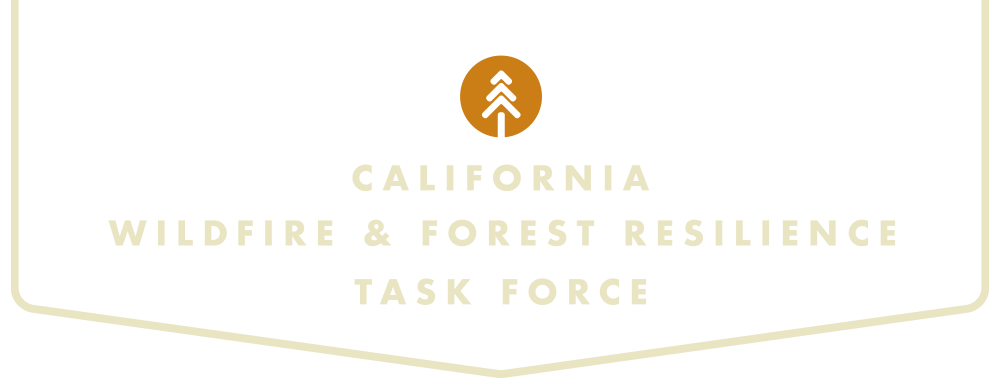Land Use Planning and Public Education Outreach
Department: University of California Agriculture and Natural Resources (UC ANR)
Program Description: UC ANR’s Fire Resilience Program aims to build community fire adaptation and resilience throughout California to save lives and protect forests, agriculture, food, and other vital resources. The program provides a point of connection for landowners, agencies, local governments, and community members to work together toward fire resilience. By having UC ANR advisors focusing on wildfire, this new team helps to enhance community wildfire planning, daylight best practices on community and state levels, and build community fire adaptation and resiliency throughout California.
The University of California Cooperative Extension (UCCE) has deployed a new team of fire professionals to help California’s communities adapt and become more resilient to wildfires. This team works with California residents, landowners, agencies, local governments, tribes, and other organizations to reduce California’s vulnerability to wildfires.
The advisors are conducting community-based research and outreach, translating research findings into public-facing materials, and conducting outreach to meet the needs of the local community. The program coordinator supports the new advisor and the existing Cooperative Extension advisor network to amplify and organize the teams for effective delivery and program evaluation.
Program Impact: These new fire advisors, the program coordinator, and the existing network of UC ANR advisors and specialists are working to:
- Enhance the use of prescribed fire to reduce fuels, restore ecosystem function, improve forest and rangeland habitats
- Develop best management practices for fuel reduction to improve treatment efficacy and reduce ecosystem impacts
- Incorporate home hardening techniques to build and retrofit homes for wildfire resilience
- Incorporate defensible space standards to reduce near-home fire vulnerabilities
- Engage with local planners to promote wildfire resiliency and best management practices.
Success stories: The current team of advisors is working on many fronts. The three stories below illustrate impacts.
- The team is working locally to build community capacity around prescribed fire by providing workshops and hands-on, live-fire trainings and supporting and formalizing Prescribed Burn Associations (PBAs). Team members work regionally and across the state to support policy development for prescribed fire. The team is also conducting prescribed fire research to provide fact-based evidence for the restoration and management of fire-adapted landscapes.
- Fuel reduction is essential for protecting communities and restoring fire-adapted ecosystems. The Fire Team provides workshops to help landowners learn how to apply science-based management practices, find contractors, permit projects, and secure funding for non-commercial fuel reduction. Additionally, team members are working on testing treatment alternatives and understanding cost comparisons in different ecosystem types.
Permitting fuel reduction projects can be challenging. Yana Valachovic and colleagues published a guide to help landowners and project proponents navigate CEQA. The publication scales from single-property projects to community-scale, multi-jurisdiction forest fuel reduction projects. This publication has been widely utilized by state agencies, community groups, and land management consultants. See Valachovic et al. (2022) Planning and permitting forest fuel-reduction projects on private lands in California. UC ANR Publication 8716. https://anrcatalog.ucanr.edu/pdf/8716.pdf.
- Education is a cornerstone of the team’s efforts. They work with California residents, landowners, agencies, local governments, tribes, and other organizations to reduce California’s vulnerability to wildfires through one-on-one consultations and educational events. During 2022 the team delivered 47 home-hardening talks, had 60 media posts, and reached 25,097 people through these combined activities. Additionally, the team provided 15 training workshops and reached 8,864 people through these virtual and in-person events.

Fire advisor, Luca Carmingini, is testing the effects of irrigation on plant flammability at the UC South Coast Research Extension Center.

Fire advisor, Barbara Satink Wolfson, has been working with community members and the Central Coast Prescribed Burn Association to help increase opportunities for prescribed fire.

Yana Valachovic, Forest advisor, has been working with the Insurance Institute for Business and Home Safety on experiments to better understand how different building products, such as tempered glass windows, perform when exposed to fire from an adjacent building or near landscaping.
RESOURCES
Program Social Media Link:
The following social media handles share stories of UC ANR projects and activities.
https://www.facebook.com/ucanr/
